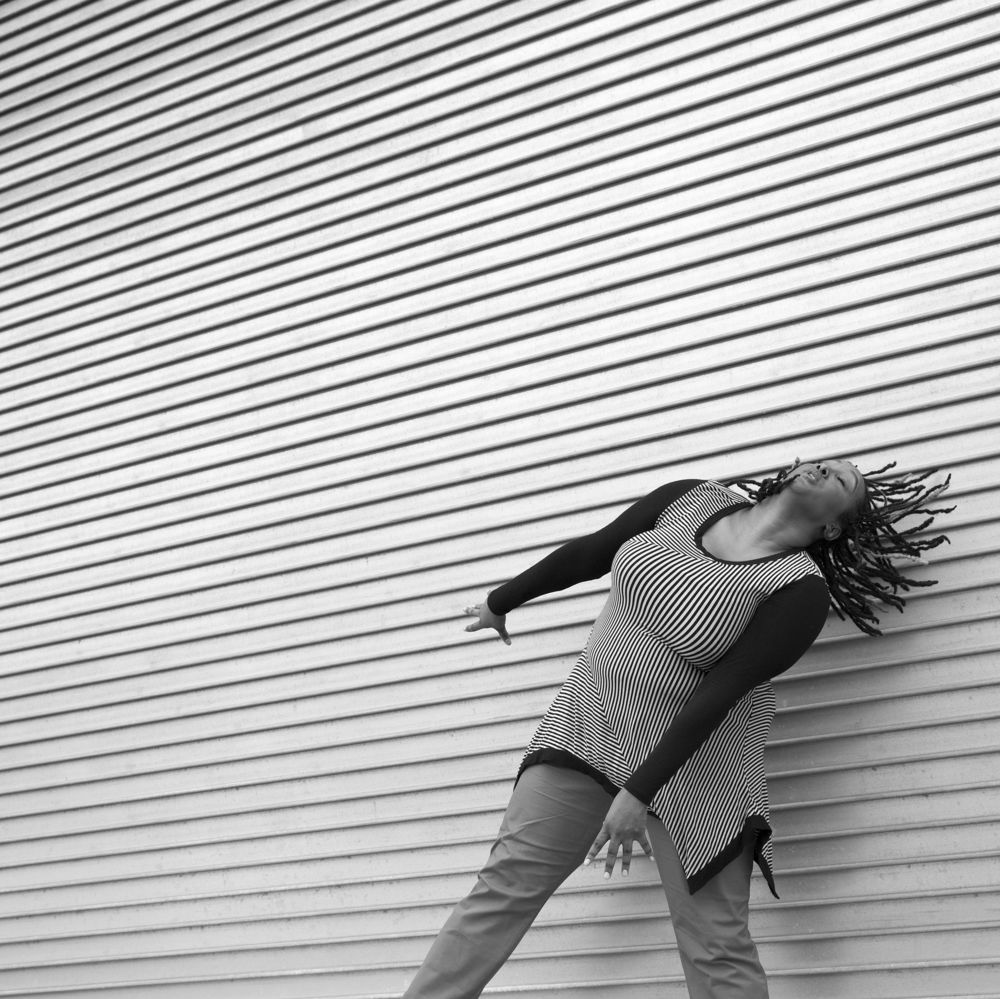
Luz Guerra is a disabled femme elder, an Afro-Indígena mixed race Boricua, living with chronic illness. Guerra is a lifelong activist-writer, organizer, and storyteller-historian, which all form the lens for her creative and activist work. She came of age in New York City during the 1970s during a surge in community organizing to recover burned out neighborhoods, in which culture, arts, and activism as a whole formed a perspective foundational to all of her work ever since. Over the past fifty years, she has used her writing in service of her activism, and her early grounding in a community-based arts practice gives life to her work in human rights and as a sought-after national facilitator and strategic organizational consultant.
Guerra's work can be found in print and online, in activist publications, the occasional academic journal, and published reports of her commissioned research. Curricula is also commissioned and/or produced in-house and in-community. She is currently part of the co-creation of an Indigenous Environmental Network curriculum by and for Indigenous feminist organizers. Connecting activism to research, Guerra co-led a commissioned study on the mental health needs of low income LGBTQI2S communities in Alameda County and wrote the subsequent report for use by mental health providers, a first of its kind. She contributed a chapter to Queer Brown Voices, Personal Narratives of Latina/o LGBT Activism. Her 1997 report on technical assistance in BIPOC-led nonprofit organizations was revisited in the introduction to Queer Brown, as co-editor Salvador Vidal-Ortiz considered Guerra’s analysis of the nonprofit sector’s impact on social justice movements and on the history of queer Latinx activism.
Donor -Disability Futures is supported by Ford Foundation and Mellon Foundation.
This artist page was last updated on: 08.20.2024
